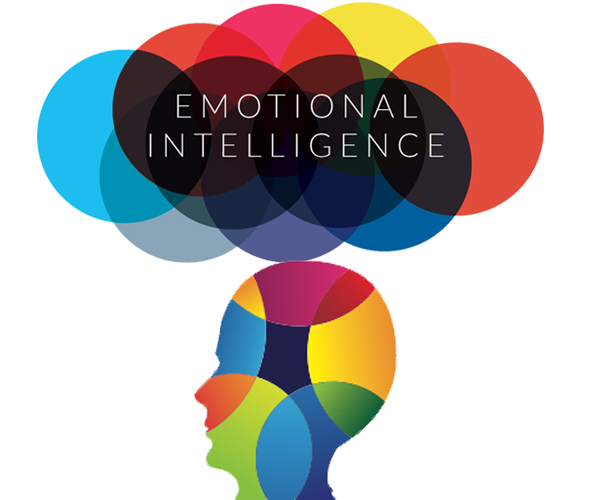

I have been writing about many aspects of Agile coaching in the past. Through this blog, I would like to share my views about one of the very interesting elements that is required for successful implementation of Agile programs. I would like to discuss Emotional Intelligence (EI) in an Agile context and its significance in driving successful outcomes.
EI is a soft skill that confers significant benefits to organizations by positively influencing team performance. Gone are the days when individuals and teams operated in silos which limited the requirement of this crucial soft skill. In today’s dynamic and connected world (cross functional/cultural teams), EI has become an essential requirement and has emerged as a key differentiator and a success factor.
EI is a vast topic to do justice through a short blog. Nevertheless, I would like to take a shot at highlighting the key elements of EI and its application in the Agile context through a simple formula.
E in the above equation stands for Emotions. I would like to give this ‘emotion’ a character of an elephant. Our emotions, feelings, our natural way of reacting to a situation is an elephant. We all have an elephant in us. We also have a rider who is sitting on the elephant and trying to move it in different direction. This small rider who is sitting on top on the elephant (emotion) is our rational mind. Similar to the rider who is trying to bring the elephant under his control, our rational mind is trying to control our emotions. While the rider may be in control of the elephant for the most part, the minute the elephant gets angry it can toss the rider and do whatever it wants to do. Now compare this situation where your emotions override your rational mind. Most often we suffer from the consequences of not being able to control our emotions. In this context, you may suffer because of what was done by the elephant that you couldn’t control.
R in the equation has more than one expansion to it. Let’s start with the first one, which is to React whenever something happens. The second possible expansion to R is Response. It is the response of the rider to a happening. Most of us are in a hurry to react and respond to any event that happens, such as an awkward email from our boss. In this case, the elephant wants to react and respond immediately. In an ideal situation, the rider should be able to control this reaction, which rarity.
O is the outcome. It is the outcome of your emotions and reactions. For example, the outcome of your emotions and reaction to the email from your boss would probably be a day long bitter email exchanges.
EI is all about knowing your elephant, its rider and controlling them to move towards better outcome. EI is therefore required and gaining significance in the Agile world.
The key challenge in a coaching scenario is that you may need to interact with many such elephants which are not yours and hence not in your control. These can be from other departments where their riders are not in control. We must realize that any attempt to control other’s elephant will only be futile. The best solution is to control your elephant/emotion and demonstrate that you are in complete control. In this scenario, no logical explanation will work as the other person has already concluded on something, which cannot be influenced for the next few hours at the least. Things may change after a few hours once the person clams down. Understanding this is also EI.
From the above discussion it is clear that EI is a combination of Knowing your own self and controlling your emotions and knowing others emotion & controlling them. The three layers of EI include:
1. Self-awareness – How well do you know your elephant?
2. Self-management – How do I control my elephant?
3. Relationship Management – How can I be aware of other’s elephant?
It is essential for us to understand and be aware of all three layers of EI. Gaining self-awareness is the first level of EI where you understand your own emotions well. In the second level, you learn to control or mange your emotions. You avoid important decisions and ensure you don’t insight anger in others by not controlling our emotions. In the third level, you gain awareness about others around you. You manage relationships better and become an influencer of change.
Here’s the video to one of sessions on EI.
Successful Agile teams will have to be self-aware, manage oneself better and embrace social awareness and relationship management. These attributes of EI will help drive teamwork, enhance communication, help become an influencer and be an effective leader.
| Name | Date | Place | – |
| CSM Certification and Training | 5 – 6 July 2025 | Bangalore | More Details |
| CSM Certification and Training | 12 – 13 July 2025 | Pune | More Details |
| CSM Certification and Training | 21, 22 & 23 July 2025 | Delhi | More Details |